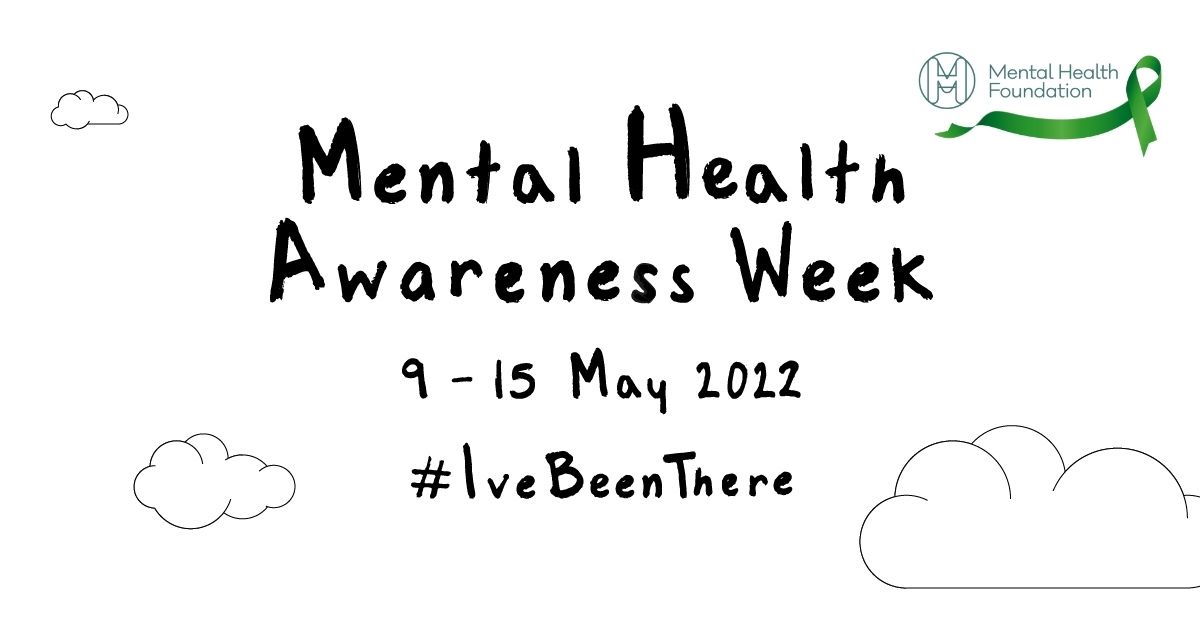
Mental Health Awareness Week 2022
9th – 15th May this year is Mental Health Awareness week, this year the Mental Health Foundation is focusing on Loneliness.
‘One in four adults feel lonely some or all of the time. There’s no single cause and there’s no one solution. After all, we’re all different! But, the longer we feel lonely, the more we are at risk of mental health problems. Some people are also at higher risk of feeling lonely than others.’
Lawrence is our Mental Health First Aider at MorePeople…
When did you become a mental health first aider?
I became a Mental Health First Aider back in October 2020. It was actually sourced through my Rugby Club as we wanted to really make a stand about Mental Health support through Sport and the club to ensure we were doing as much as we could for not only the Senior Teams but the Youth that were coming through the club. Of course, through the skills and learning can transfer to any environment.
How long did the course take, and how did you find it?
Because of lockdown, where the course is meant to be over a weekend and in person, we did 1 evening a week for 4 weeks to go through all of the content and learnings.
It was amazing to chat with likeminded individuals who have all had their own journey to becoming a MH First Aider and passion for raising awareness. The content of the course was very eye opening and at times hard to hear and discuss, for many. First and foremost, the figures and statistics around Mental Health and Mental Illness were devastating and just highlights the need for more awareness and more open-discussion about the topic, whether that be in the workplace or with friends and loved ones.
What made you want to take the course & become a mental health first aider?
Being the only male on the course, within a group of circa 12 people, this stood out for me as to what I can hopefully take away and how I can hopefully influence others.
Men do not discuss the topics of Mental Health and Illness, whether that is through stigma or lack of understanding or knowledge, I endeavour to discuss mental health with as many males as possible. The other side of things, is that it provides you with tools to identify early signs and symptoms for those that may be going through a tough time.
Why do you think work places should have people trained in mental health and the benefits of it?
After finishing the course and coming back to work through Lockdown, I discussed the topic with a lot of our clients and the range of resources, opinions and methods to try and battle the issue of mental health in the workplace was astonishing. It shows that there is still work to be done and if even by 1%, this might be able to make a difference. I think with people in the business that have the training provided, it brings the conversation to the forefront (or at least tries). The other side of things is that spotting the signs early, means that those that you may not even realise are going through some troubling times can be spoken to and supported in the ways they need.
What does mental health awareness week mean to you?
A week of highlighting the topic will mean so much for so many. If someone starts a conversation that may allow someone to open up about themselves and difficult conversations, it may just make the difference. If we can reduce the stigma, and make conversation and provide educated support, then it may just help those in need.
To find out more, visit the Mental Health Foundation website:
https://www.mentalhealth.org.uk/campaigns/mental-health-awareness-week
Or Mind:
https://www.mind.org.uk/get-involved/mental-health-awareness-week
